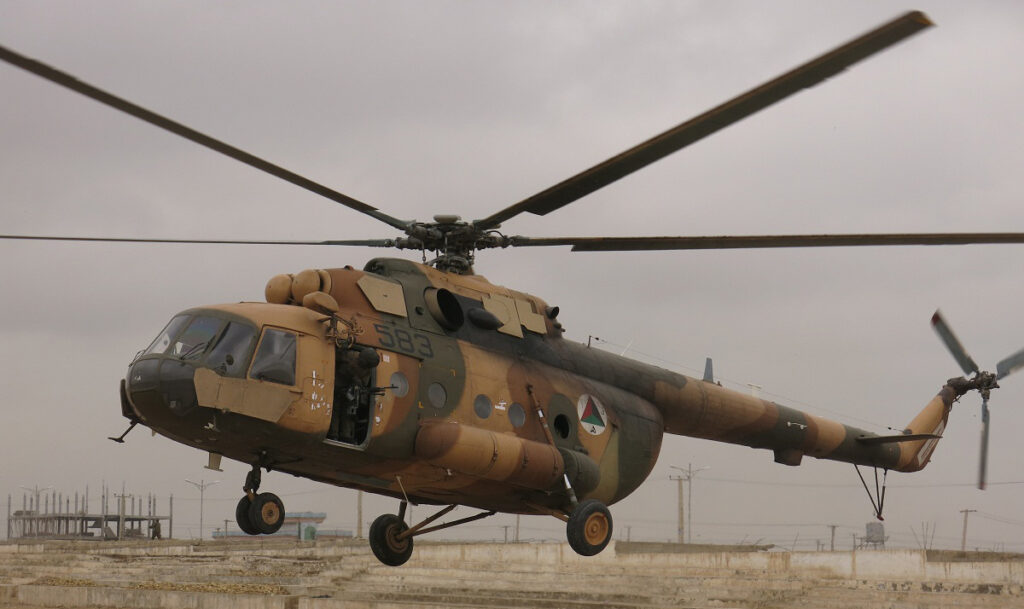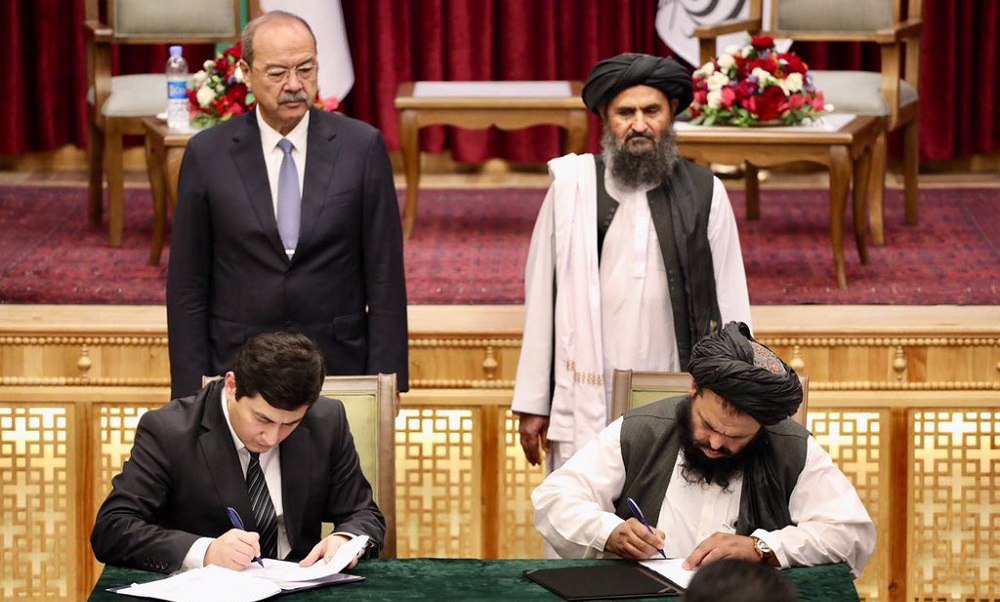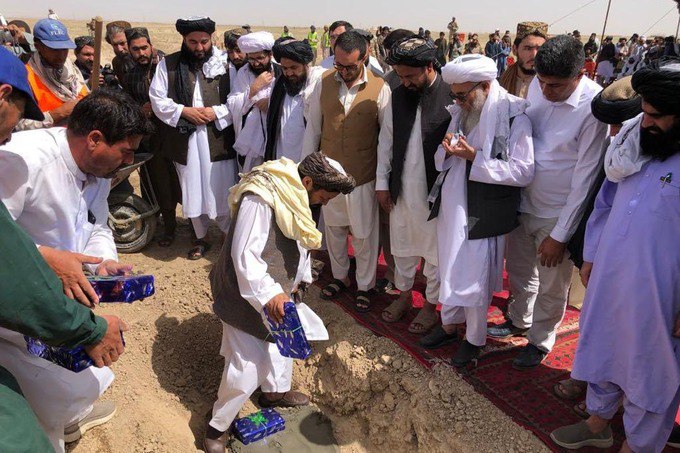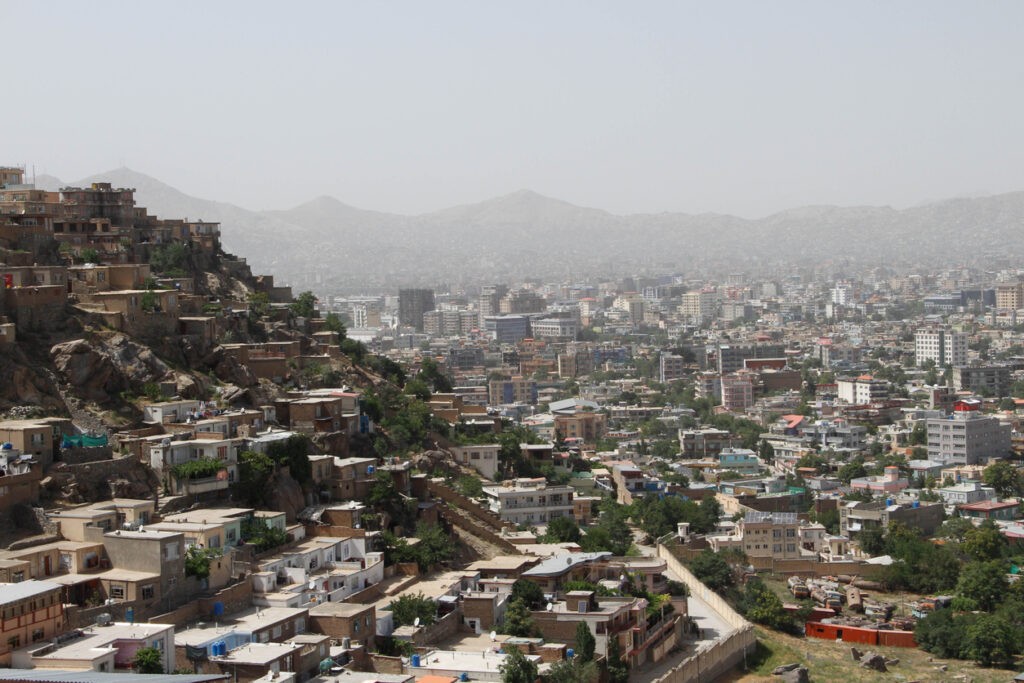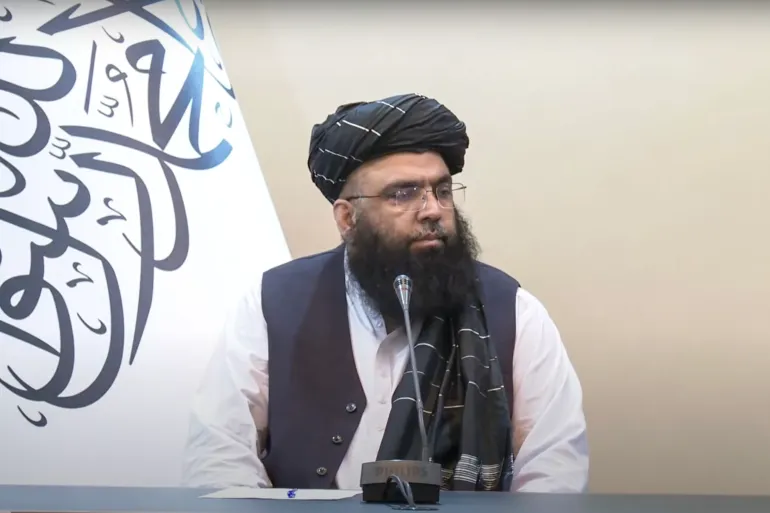KABUL (TCA) — Senior Afghan politicians and the Taliban said they made progress during peace talks in Russia, although they did not make any significant breakthrough, RFE/RL reported.
The May 28-30 talks in Moscow came amid international efforts to end the nearly 18-year war in Afghanistan.
In a May 30 joint statement, the sides said they held “productive and constructive” talks focusing on a possible cease-fire, the “strengthening of the Islamic system,” and “women’s rights.”
“Both sides have had tremendous progress, but some issues require further discussions,” the statement read.
Suhail Shaheen, a spokesman for the Taliban’s negotiating team, said that “spectacular progress” was made on issues including the withdrawal of international forces and a future political settlement.
However, Ata Mohammad Noor, a powerful regional leader, expressed some disappointment.
“Our expectations were higher,” Noor said. “Our main message was on the cease-fire; a cease-fire could be the beginning of peace.”
The sides met in Moscow on May 28 for a ceremony during which Russian Foreign Minister Sergei Lavrov called for the complete withdrawal of foreign troops from Afghanistan.
The three-day meeting was the second hosted by Russia in recent months.
Zalmay Khalilzad, the U.S. envoy seeking a peace deal with the Taliban, has held several rounds of talks with the militants in Qatar.
The sides have made progress, but the Taliban has so far rejected direct negotiations with Kabul.
Khalilzad has welcomed Russia’s peace efforts, although some U.S. officials have said Moscow was promoting itself as a power broker to challenge the U.S.-backed peace process with the Taliban.
The Taliban, which continues to stage daily attacks across Afghanistan, now effectively controls or influences about half of the country.

